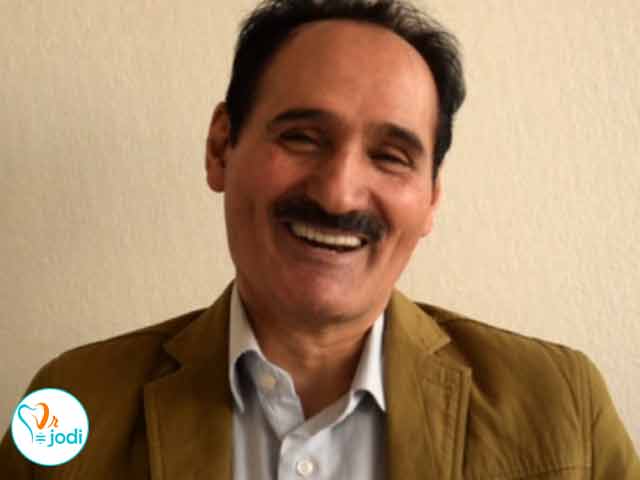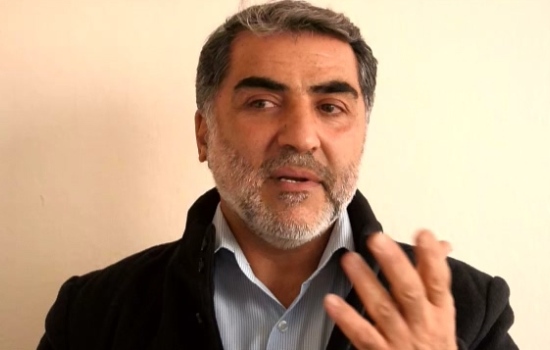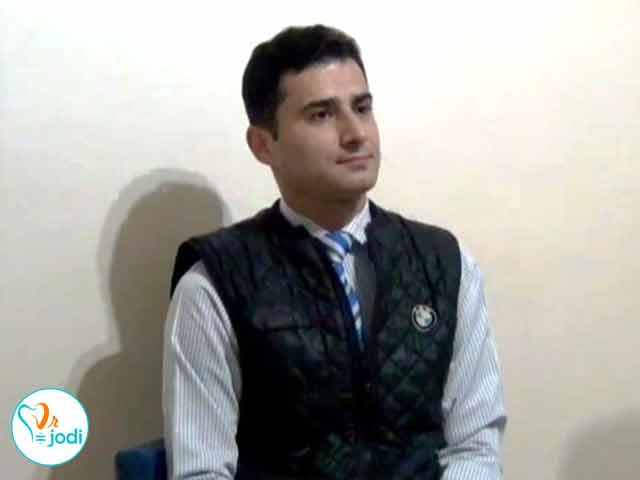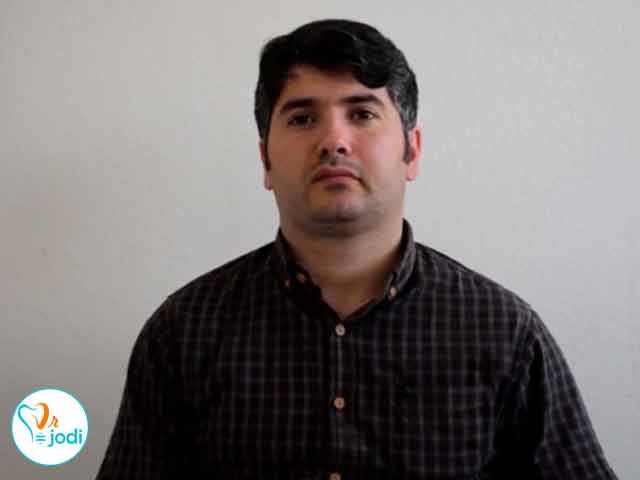Sinus Lift

Sinus Lift

In the past, the lack of adequate bone size or inappropriate quality was considered to be due to non-prescribing implants, but today, with the help of advanced techniques, even in cases where the bone is not very good (such as posterior maxilla), implant treatments have progressed dramatically. . Another form in the posterior maxilla area, especially after pulling molar teeth, is the dyspnea of the maxilla sinus and progressive bone analysis in the posterior region, and especially in the distal maxilla.
Open Sinus Lifting Steps
Magnesium sinus is the largest paranasal cavity and has occupied a large amount of jaw bone. The sinus is a four-dimensional pyramid-shaped pyramid with four walls. In the maxillary sinus, it communicates with a natural esophagus with the same nasal cavity. The task of this cavity is to moisturize and heat the air that we breathe. Another function is the weight loss of the pink bones, supporting the skull floor against damage and shock, creating thermal insulation for the upper nervous system, and indirect effect on the sound by creating a resonant chamber.
The inner wall of the sinus is covered by a mucous membrane. (Schnayderine membrane), which includes a ciliary squamous epithelium, which is made up of basal cells. The membrane thickness varies between 0.13 mm and 0.5 mm. If the thickness of the membrane reaches 3 to 4 mm, consult an ENT specialist.
The success rate of an implant depends on the amount of osteointegration (i.e., bone implant welding) in the long run, which depends on the initial stability, bone density, and its quality, and secondary stability, i.e., progressive bone growth around the implant surfaces around the contact. Therefore, in the case of bone defect, an increase in bone mineral density is very important, so that the implantation of the bone in a suitable length can be located in the posterior-lateral regions of the maxilla. Therefore, prescribing the elevation of the sinus to the marked expansion is one of the ways.
Balloon Sweep Lift
One of the techniques is the creation of a bone window through the enterostium, which is pushed and rotated slowly towards the inside of the sinus. This requires an isolation of the membrane from the sinus floor. Then the bone graft is placed beneath the membrane and the open area closes. Generally autogenous bone is used as a transplant.
Today, new regenerative techniques that have been invented in recent years have been utilized in the use of BMP-2 and 1 BMP growth factors, and PRP-rich platelet plasma. Today, many of the multicentre investigations are based on the use of BMP-1.
Lifting sine and applying implants and bone grafting
Are there alternative sinew methods with side window approach? The answer is yes. Alternative methods include:
Small size implants
Implants with mesio-distal deviation
Placed implants before and after sinus
Prostheses with distant distant county
Osteotime Sinus elevation
Lifting sinus and bone graft
Advantages of BAOSFE Sinus Crystal Lifting Technique In lifting the sinus of the floor with the stenotomy technique, an increase in volume of about 0.5 cubic centimeter is required, while using the sine-lifting technique of the lateral windows when the residual ridge is 5 mm and the implant bolt is 13 mm M. The volume increase should be about 3.5 ± 1.33 mm cubic meters. In this method, the morphology and sinus function are subjected to minor changes. Additionally, the lifting of the precocious muscle flap is limited to the Cretaceous area and therefore limited damage to the bloodstream of the sinewall wall. It is also possible that perforation of the perineal wall of the sinus membrane is less and the pathologic changes of the sinus and sinus mucosa are also less than those of the lateral wall.
Disadvantages of the BASOFE technique compared to the lateral window
The most important negative aspect of lifting the sinus cornea is using a surgical hammer to compress bone trabeculae with osteotomy. Also, with the presence or absence of linkage, more force is needed to break the sinus floor, which may be traumatic to the patient and cause her discomfort. The use of cutters greatly reduces the discomfort of the disease, but instead, a large amount of bone is removed. Another limitation is that in the BASOFE technique, the sinewall is raised, which is less than the access to the Lateral Window, because lifting is only in the area of the sinusoidal membrane. The elevation of vertical height in BASOFE varies from 3 to 5 mm with implant placement of the implant. This amount of lift in the Lateral Window is about 10 mm.

People who viewed this page also visited:
What are the dental implant treatment stages?
Implant Professional Center in Tehran
The best implant expert in Tehran
The best implant center in Tehran
What is immediate loading of dental implants?
Implant problems and implications
Force direction and its relationship with the implant body design
Unsuitable cases for dental implant
The geometry of the implant and its relationship with occlusal forces
The relationship of the implant body and functional surface














